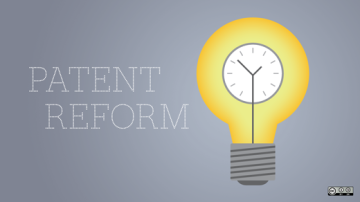
Rob Tiller is vice president and assistant general counsel for Red Hat, where he manages patent, trademark, and copyright matters. He is a frequent speaker and writer on open source legal issues. Before coming to Red Hat, he was a partner with the law firm of Helms, Mulliss & Wicker, PLLC, where he specialized in commercial and IP litigation. He is a graduate of the University of Virginia School of Law, and a former clerk for Justice Antonin Scalia of the U.S. Supreme Court, and Judge Stephen Williams of the D.C. Circuit. For non-left-brain activity, he enjoys playing the piano.






Authored Comments
Bradley, you raise a great point: the community concerned with these legal issues shouldn't be thought of as limited to lawyers. You've established your credibility on FOSS licensing the old-fashioned way, and it's disturbing to think some lawyers fail to recognize that. In the commercial world, law school is used as a kind of certification (like Grade A meat), but lawyers of any intelligence recognize that the system is far from perfect in conveying information about what's certified. The lack of the certification, to my mind, doesn't say anything definite. The basic question for me, in evaluating legal views, is whether they have a sound basis in law.
Alan, many thanks for your post. I did not at all mean to discourage discussion of the kind of big questions you raise. I'd like to think that the common law system is still evolving; at any rate, there's still a lot of room for improvement. And I agree that the open source software projects could provide useful analogies for legal reform. There are aspects of the common law system that look, at least in their ideal form, like precursors to FOSS. Requiring reasoned decision making, and preserving and disseminating judicial decisions, are examples. By all means, let's keep talking about what an open legal system would look like.